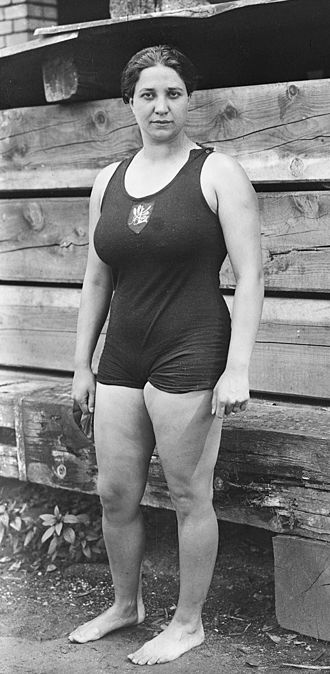Discover Your Roots
SIGN UPDiscover Your Roots
SIGN UPViolette is a charming and elegant female name of English origin, meaning "Purple/blue Flower." This name is derived from the enchanting hues of the violet flower, symbolizing beauty, grace, and modesty. It is often associated with femininity and delicate charm. Violette has been used as both a given name and a surname. Additionally, it is the name of a football club in Haiti, a French drama film, and a former Royal Navy minesweeper. Notable individuals bearing this name include Eva Marie Veigel, a renowned dancer and the wife of actor David Garrick. If you are interested in related topics, you may want to explore candied violets or consider looking into Violetta or Violeta for similar name options.

Violette Morris (1893–1944) was a French athlete and controversial figure known for her remarkable sporting achievements and tumultuous personal life. Despite her athletic prowess, Morris faced scrutiny and discrimination due to her unconventional lifestyle and behavior. She excelled in various sports, including football, boxing, cycling, and motor racing, earning accolades and championships in multiple disciplines. Her bold and non-conformist approach to life, characterized by her preference for men's attire, smoking, and a confrontational attitude, often clashed with societal norms of the time.Morris's career took a dark turn during World War II when she aligned herself with the Nazi regime and the Vichy France government, earning the notorious moniker "Hyena of the Gestapo." This collaboration ultimately led to her demise at the hands of the French Resistance. Despite her controversial actions, Morris maintained associations with prominent individuals, including entertainers like Josephine Baker and esteemed intellectuals such as Jean Cocteau.Throughout her life, Morris constantly challenged traditional gender roles, confronting societal expectations and facing repercussions as a result. Her complex and multifaceted existence continues to intrigue and provoke discussions about gender, identity, and personal freedom. Despite the controversies surrounding her, Violette Morris left an indelible mark on the world of sports and society at large, sparking debates and reflections on individuality, acceptance, and the complexities of human nature.

Violette Leduc (7 April 1907 – 28 May 1972) was a celebrated French writer known for her profound exploration of sexuality, relationships, and personal struggles. Born in Arras, France, she faced a challenging childhood, marked by poor self-esteem and a tumultuous relationship with her mother. Leduc's education was interrupted by World War I, but she later found solace and inspiration in literature, developing a passion for Russian classics and French writers. Her personal life was equally tumultuous, marked by love affairs, a failed marriage, and a near-fatal pregnancy. However, it was her friendship and mentorship with Simone de Beauvoir that shaped her literary career. Leduc's groundbreaking works, including "L'Asphyxie" and "La Bâtarde," garnered critical acclaim, earning praise from literary luminaries such as Jean-Paul Sartre and Albert Camus. Despite facing censorship and controversy, her unapologetic exploration of taboo subjects cemented her legacy as a fearless and influential writer. Leduc's life and work have been immortalized in the biographical drama film "Violette" and continue to inspire readers and writers alike. Her profound impact on literature and her fearless representation of female sexuality and identity continue to resonate with audiences worldwide.



All images displayed on this page are sourced from Wikipedia or Wikimedia Commons.We use these images under their respective Creative Commons or public domain licenses. Wherever applicable, author attributions and license information are provided. If you believe an image is used incorrectly or outside its license terms, please contact us so that we can review and correct the issue.